Strike a Better Deal by Being Honest When You Negotiate
You may have heard differently from other sources, but with over 20 years negotiating experience under my belt, I’ve found that trust is a fundamental element to a successful negotiation.
A couple weeks ago, during a multiple offer situation, my clients were surprised to see the name of someone they knew on an offer for their home. It was surprising because this person hadn’t even mentioned to them that that he had looked at their home. Unfortunately for him, while my clients liked him, they were also aware of some less than scrupulous business dealings with which he had been involved and didn’t trust him. They were concerned that he might not close if they accepted his offer and this would put them in a very precarious position since they had already bought a new home. They trusted him so little that they were serioulsy considering accepting another offer for $20,000 less from a buyer they felt was more reliable. Ultimately, they accepted his offer, but not before requesting him to make concessions that wouldn’t have been required had they trusted him. They didn’t trust him to close the deal on time and this cost him during the negotiations.
When I went to an agents’ open house the other day, I enquired of the agent as to why the sellers weren’t holding off on offers as has become common practice. His reply was that if it looked like more than one person would be interested in putting in an offer, the sellers would all of a sudden become unavailable to look at offers for two or three days, thereby unofficially achieving the same result as if they had held off on offers. There’s nothing illegal about this tactic, but if the sellers really ARE available, then why tell people that they’re not? Isn’t that ethically wrong? And why not just hold off on offers the proper way to begin with? If a fellow realtor tells me that, all of a sudden, his sellers aren’t available to look at offers for three days, my experience will tell me that there’s a very good chance that this isn’t the case and that I’m not being told the truth. When he later tells me that his clients are only willing to accept a price of $1,000,000 and not a penny less, for example, why should I believe him? He’s lost all credibility in my eyes. The fact that I don’t believe him means that I’ll counsel my clients to make a counter offer of less than $1,000,000. Or if he tells me that his clients have taken meticulous care of their home so there’s no reason for my clients to make their offer conditional on a home inspection, why should I believe that? As a result the initial misleading information about the clients being unavailable for three days, they will end up with a conditional offer for a lower price than they would have received had they been up front at the beginning.
The same type of thing happens during negotiations all the time. One party will say “this is my final offer”, only to change their mind half an hour later. After they change their mind the first time, they can say “this is my final offer” as many times as they’d like, but the other party won’t believe them and will continue to try to negotiate a better price. If you say “this is my final offer”, make sure it is indeed your final offer or you’ll likely be costing yourself money.
Being honest doesn’t involve disclosing confidential information such as “I’m offering you $1,000,000, but I’ll go up to $2,000,000.” That would be plain silly. It means that you need trust to be able to effectively convey your bargaining position to the other side and to convince them to accept it so you’re able to strike a deal with which you’re happy.
Try it. You’ll see that it works.
